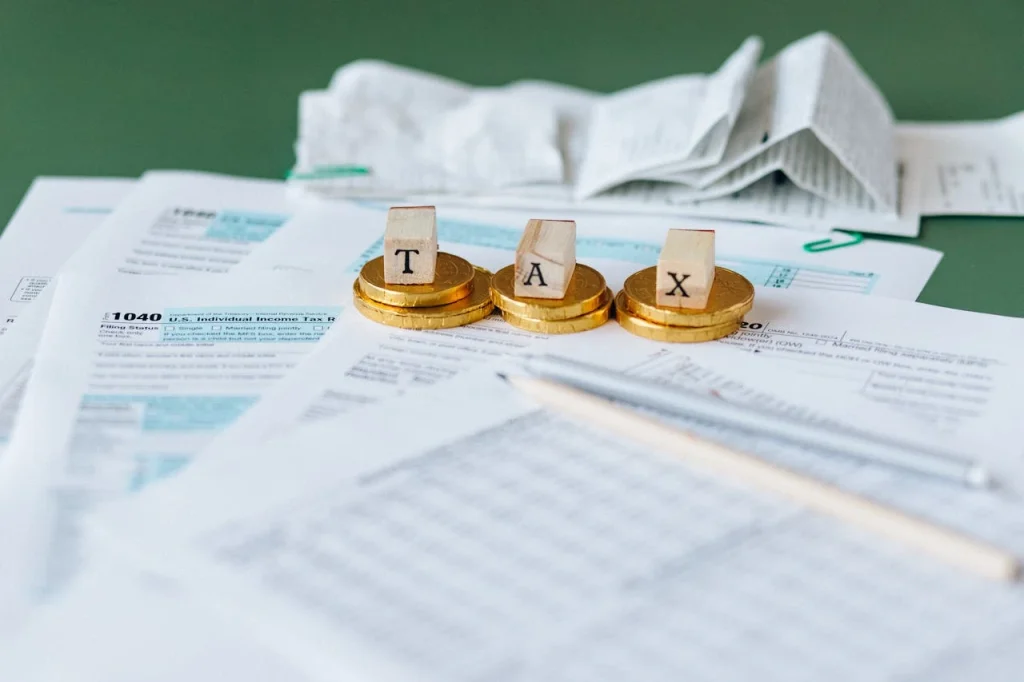Managing taxes is vital for small business owners in Canada, but many miss out on valuable deductions that could reduce their tax bill. With Canada’s progressive tax system and the Canada Revenue Agency’s (CRA) available deductions, taking advantage of the lesser known tax deductions can free up cash flow and help your business grow. Consult with a qualified small business accountant Ottawa to learn what type of deductions are applicable to your business. Here are some tax deductions Canadian small business owners often miss.
1. Home Office Expenses
If you use part of your home as an office, you may be able to deduct a percentage of your home expenses. Many small business owners overlook this deduction, which can include a portion of rent or mortgage interest, property taxes, utilities, home insurance, and maintenance costs. The CRA requires that the home office be used for business more than 50% of the time or that it be used exclusively to earn business income and meet clients or customers. If you meet these conditions, this deduction can be unlocked and reduce your taxable income.
2. Vehicle Expenses
Business owners who use their personal vehicle for work can claim vehicle expenses based on the percentage of business use. This includes fuel, maintenance, repairs, insurance, lease payments, depreciation, parking and tolls. Keeping accurate mileage logs is key as the CRA requires documentation of kilometers driven for business. Many entrepreneurs overlook this tax break because of the administrative burden of record keeping but using a mobile app or digital log can make it easy and save you big.
3. Meals and Entertainment
Meals and entertainment expenses are often partially deductible but many small business owners don’t claim them at all or claim them incorrectly. In Canada, 50% of eligible meals and entertainment expenses can be claimed when they are for business purposes such as meeting with clients or team building events. However, some scenarios like meals provided at an office party or staff event may be 100% deductible. It’s worth talking to a certified small business accountant Calgary to know which scenarios apply and to make sure you’re claiming correctly.
4. Professional Development and Training
Staying competitive requires ongoing education, but many business owners miss the deduction for professional development. Courses, seminars, certifications and conferences related to the business are deductible. Not only are course fees deductible, but travel and accommodation expenses may also be eligible if the training is outside the business area. Documenting the direct connection to business activities is key to claiming this often overlooked deduction.
5. Advertising and Promotion
Advertising expenses are deductible but often underclaimed. In addition to traditional advertising costs like print and digital ads, costs associated with website development, social media promotions, branded merchandise and sponsorships may also qualify. Keep track of all promotional expenses, no matter how small and you’ll get meaningful deductions that support business visibility.
6. Bad Debts
Small businesses that offer credit to clients may have unpaid invoices that can be claimed as a bad debt deduction if it’s clear the debt is uncollectible. Writing off bad debt reduces taxable income, but many business owners overlook this deduction because they don’t know about it or are reluctant to admit the loss. Proper documentation and following up on overdue invoices can help determine when it’s time to write off bad debt.
7. Insurance Premiums
While general business insurance premiums are claimed, other insurance costs are often forgotten. Business liability, property and professional liability insurance can be deducted if they are directly related to the business. The CRA allows a deduction for specific health, dental and life insurance premiums under certain conditions so it’s worth reviewing all business related policies.
Summary
Canadian small business owners who know and claim these deductions can save more tax, reduce expenses and invest more in their business. Working with a small business accountant and keeping records all year round will ensure they claim everything they can. Small changes in record keeping and paying attention to eligible expenses can add up to huge savings and make the business more financially healthy and sustainable.

